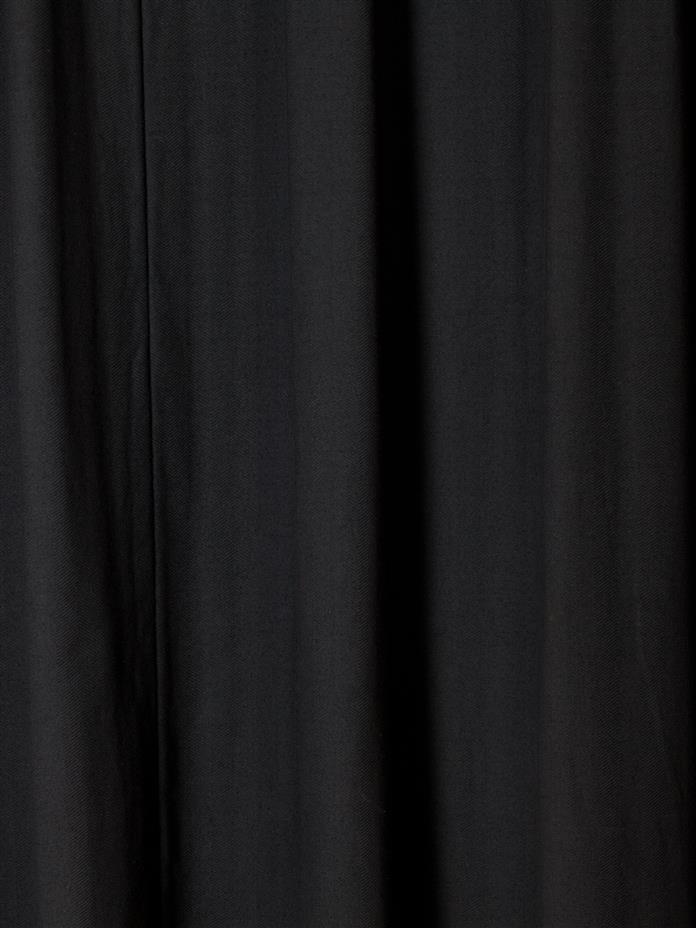
Tap to Read ➤
Dental Hygienist Education Requirements
Kulbhushaan Raghuvanshi


This article on dental hygienist education requirements will help you learn about the different types of educational degrees available in this field. Learn what is the importance of a dental hygienist in a dental clinic.

Basically a dental hygienist is a licensed oral health professional who works to prevent the decaying of teeth and gums. A dental hygienist is also responsible for the total oral health of an individual.

If you are wondering what are the duties of a dental hygienist, then the list is going to be pretty long as the job of a dental hygienist is to handle many responsibilities starting from the pre-dental to the post-dental care.

Although a dental hygienist does not operate or diagnose any oral illness, one of his/her most important duties is to make sure that the patient's clinical and laboratory tests are done on time.

Dental Hygienist Education Programs

Dental hygienists ensure the removal of plaque and tartar from the teeth of the patients. Students who wish to take up a job as a dental hygienist can complete a certificate or an associate degree to get a job as a dental hygienist in a dental clinic or facility.

To ensure you get a valid license, there are a string of examinations which you have to pass. You can start your academic career by starting from a 2 year Certificate program or an Associate degree and then you can go in for the Bachelor's or Master's degree program.

Certificate in Dental Hygiene
There are various Certificate programs which are offered in the profession of dental hygienist. These programs can be completed in 2 to 3 years. These programs educate potential dental hygienists about the basic responsibilities of their job.

They learn in detail about dental hygiene practice, local anesthesia, pathology and periodontics. This study also ensures that students get practical experience before they begin searching for a job.

Associate Degree
You can also go in for various Associate degree programs in dental hygiene which allows students to learn and gain experience by practicing under an accomplished dental health care professional.

Some students are also given opportunity to work under dentists who specialize in maintaining dental health so that they can get some useful on job experience while they are studying. While studying for an Associate degree you study dental anatomy, dental structure, various dental disorders, oral pathology and clinical dental hygiene.

Bachelor's Degree
Completing a Bachelor's degree in dental hygiene is graduating in the field of dental hygiene. Only students who have completed their Certificate or Associate degree in dental hygiene are eligible for a Bachelor's degree program. A Bachelor's degree program prepares students for a bright and illustrious career in different fields of dental hygiene.

Master's Degree
The Master's degree in dental hygiene are for people who are more interested in conducting advanced researches in this field or take up dental hygiene as an academic career option.

This program is undertaken by a large number of practicing dental hygienists as well as students who wish to teach after they've spend a considerable amount of period working as a dental hygienist. The program includes topic such as advanced research, an in-depth study of medicine and pain control related to the overall oral health.

Dental Hygienist Schools

Now that you have a fair idea about dental hygienist educational requirements, let's have a look at some of the top dental hygienist schools in the United States. To start your career it's necessary that you pass out from a good dental college or school, some of the options are; San Joaquin College, Argosy University, Remington College, Sanford Brown Institute, Concorde Career College.

In all 50 states except Arkansas (which has its own set of guidelines for dental hygienists) students who are studying dental hygiene must pass out from an accredited dental college or school and they must obtain a license of the state from where they want to begin practice.

The career of a dental hygienist is a lucrative one and you can certainly expect a rise in your salary package after a few years of experience. According to the Bureau of Labor Statistics, dental hygienists held almost 200,000 jobs in 2010 and the average salary of a dental hygienist was $85,000 which also depends on the venue and location of your work.